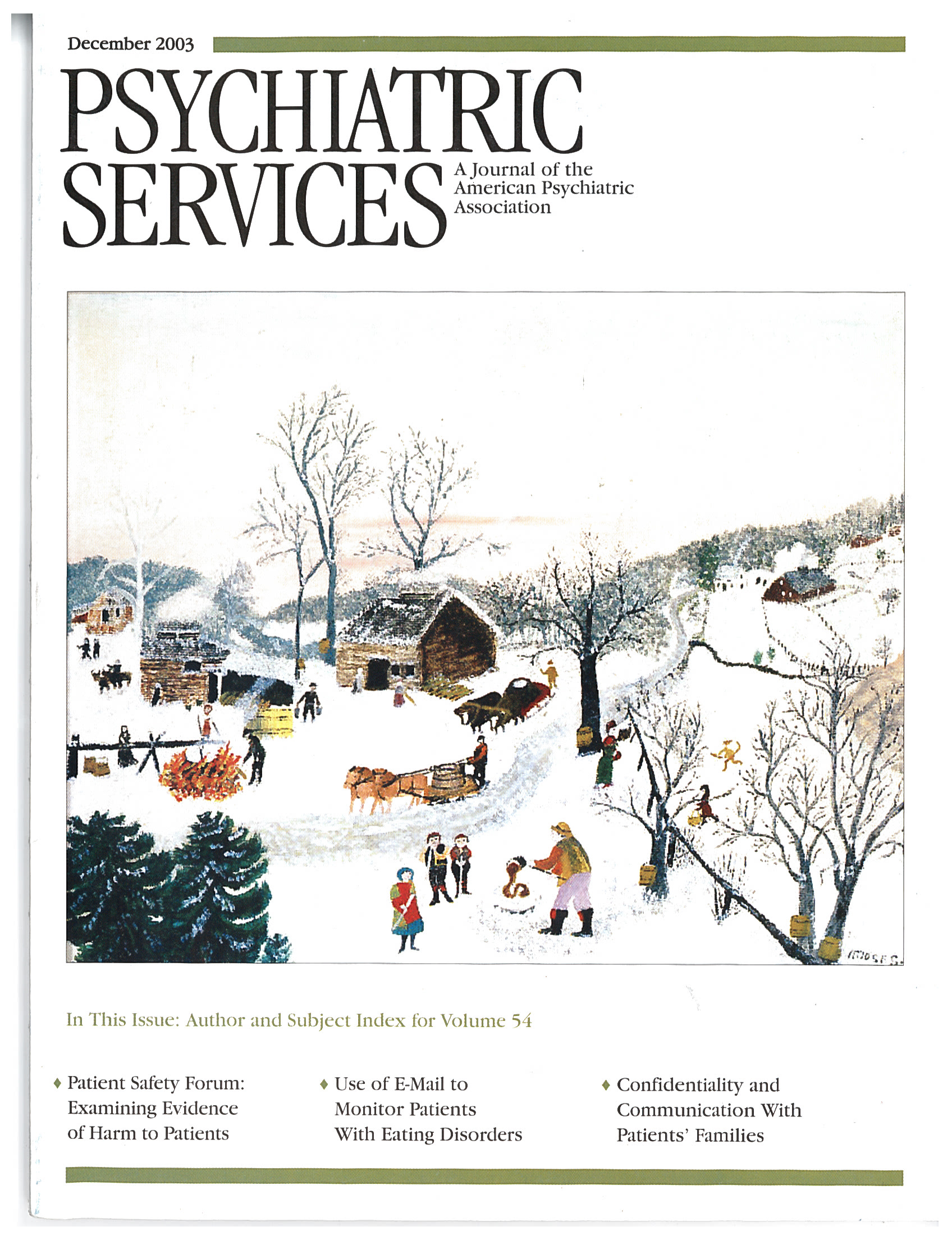People with autism can't guess what other people are thinking, feeling, or intending to do. They can't "read" faces or interpret tones of voice, the subtle clues that signal that a person is angry (unless he or she is shouting), or sad (unless the person is crying), let alone that someone is joking or lying. Call it "mind-blindness." They can't put themselves in other people's shoes, they can't, to use Rudyard Kipling's phrase, think "in another man's skin."
Ever since Huck Finn—ever since Robinson Crusoe—novelists have imagined themselves into other minds as they "create a character," an "I" who will tell his or her own story. When they do this successfully we say that the character is convincing; the character fits with our own experience of human beings. Mark Haddon has accomplished something far harder. He has created a character who, except for those who have actually lived or worked with an autistic person, doesn't fit at all. Those who have lived or worked with such a person will find Haddon's 15-year-old character utterly convincing. Readers who have not will do much more than become familiar with an array of symptoms listed in DSM-IV; they will experience as much as is possible for a normal person to experience of how an autistic person actually thinks and feels.
Christopher John Francis Boone—it wouldn't be possible for him to introduce himself by anything less than his full name—knows "all the countries in the world and their capital cities and every prime number up to 7,057." He is going to take the difficult math exam for admission to a British university. He's going to get an A, he tells us, and he does. Asperger's syndrome, or high-functioning autism, would be an easy diagnosis, but neither term appears in the story. Haddon, and Christopher, are showing, not telling.
Christopher can tell the difference between a smiley face and a sad one, but the little diagrams his teacher makes don't help much, "because people's faces move very quickly." So "now if I don't know what someone is saying, I ask them what they mean or I walk away." Autistic people do a lot of walking away.
Christopher lives with his father. He's a good father; not many fathers would do what he does for Christopher. Christopher's mother is dead, but she isn't really. She has left. Life with autism was—temporarily—just too much for her. Christopher's father has lied to him, for decent, natural, human reasons, and has hidden the weekly letters Christopher's mother has written to her son. Christopher will find that out as he investigates "the curious incident of the dog in the night-time." Sherlock Holmes is his favorite reading, and when he discovers that the neighbor's dog has been killed—to Christopher, it's murder—he determines to solve the case by pure logic and to write a book about it—this book. His decision, and the messy human situation he uncovers but will never understand, drives the plot.
The story sounds sad, but it isn't. It's even funny, intermittently, as life with autism intermittently is. The journey Christopher undertakes comes out okay—not sentimentally perfect but okay—and by the end we've had a fascinating, enjoyable, and enlightening read.
The usual cautions that apply to international bestsellers about autism apply here. Readers should beware of overgeneralizing from a single case, whether or not it's fictional. Most individuals with autism struggle with some kind of sensory hypersensitivities, but they don't all scream when they're touched. Many hit, but few attack. Very few carry Swiss Army knives for self-protection, as Christopher does in a characteristically literal understanding of the "stranger danger" he's been taught at his special school. That said, as I leaf through this short book in order to wrap up this review, I find something I recognize on every page, miraculously imagined from the inside. This book should be read by anyone who works with the challenges of autism.

